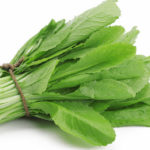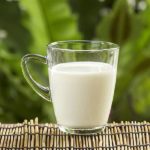In daily diet, fresh vegetables play a crucial role and are essential in every family’s meal. If you go shopping and come across these types of vegetables, do not overlook them as they are clean, have more calcium than eggs, higher protein content than meat, and are as beneficial for health as ginseng and bird’s nest.
Kale
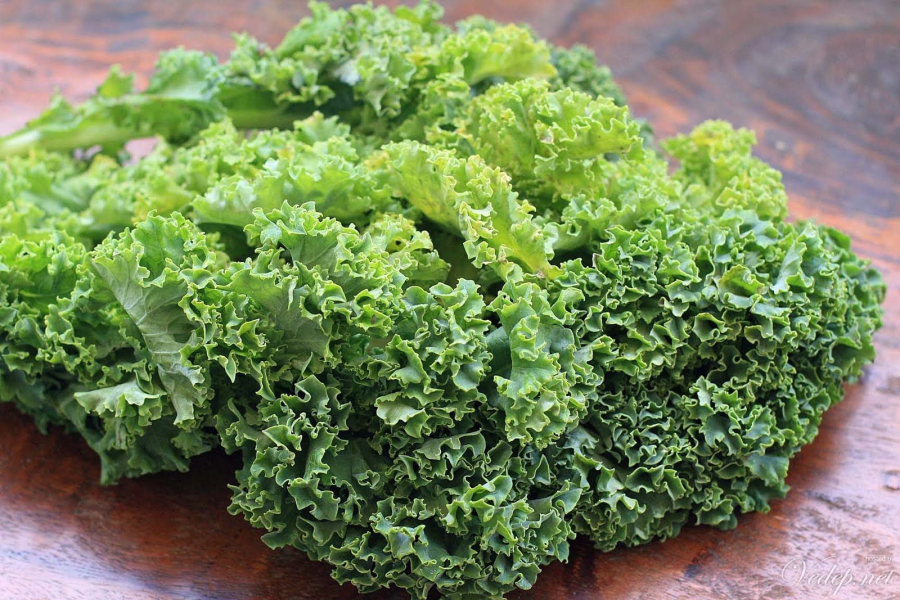
When it comes to calcium supplementation, many people immediately think of drinking milk. However, in reality, kale is a food that contains more calcium than milk (90 grams per serving) and the calcium in this vegetable is also more easily absorbed than milk.
In addition, kale is rich in vitamin K, a bone-building factor, helping to accumulate calcium into the bones. According to statistics, a bowl of kale provides an amount of calcium equivalent to a cup of milk, helping to strengthen bones and prevent osteoporosis.
Notably, kale almost does not require any care because it is one of the healthiest vegetables, with excellent disease resistance.
You just need to sow kale seeds at a depth of 5mm, cover with loose soil. Spray mist to keep the soil moist until the seeds germinate. During watering, avoid spraying too forcefully, which can dislodge the seeds. With ideal temperature and conditions, the seeds will start to germinate in 5-7 days.
If planting kale outside the garden, kale should be spaced 20-25cm apart between plants, and 60-70cm between rows. When the plants have 3 leaves, gently transplant them, create a hole for the kale plant, lightly mound soil around, press lightly with hand, and then water. Note that kale should be planted deeper than the original plant’s root.
Parsley
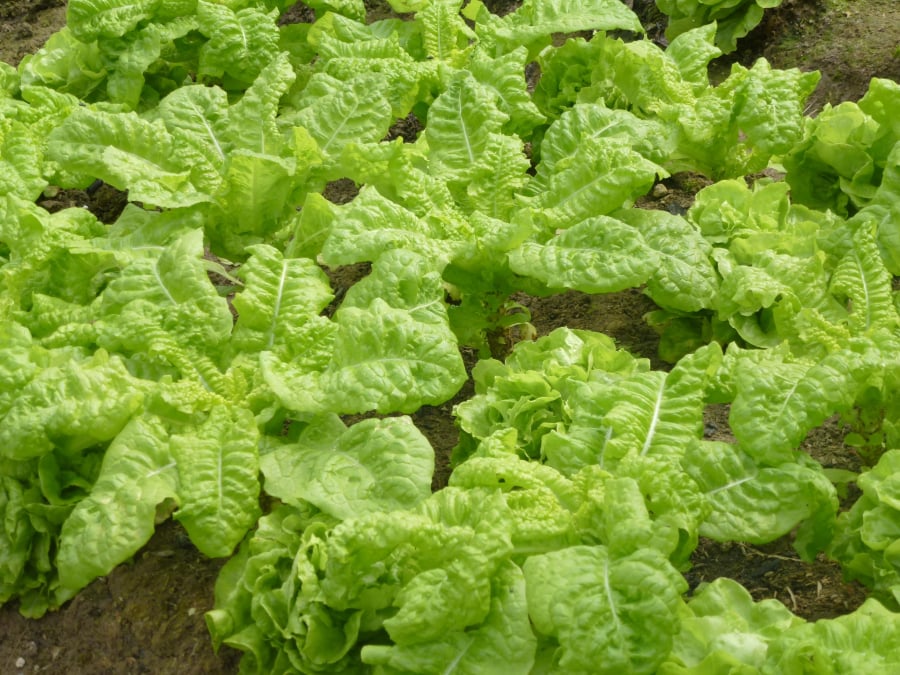
Parsley is rich in calcium, and the calcium in parsley helps to develop and maintain strong bones and teeth. This substance is very important for women, so you need to ensure that your body absorbs enough calcium every day by combining it with other calcium-rich foods.
In addition, parsley is rich in vitamin A, B vitamins, and minerals that promote a healthy body, anti-aging, and are beneficial for cardiovascular health.
Okra
Okra, also known as lady’s fingers, is a calcium-rich vegetable. The okra plant is a perennial herbaceous plant that can climb and live for many years, with white or purple flowers. Among legumes, okra has the highest calcium content in its composition, which is very beneficial in preventing osteoporosis.
According to analysis by nutritionists, okra seeds contain 30-37% protein, 28-31% carbohydrates; young okra pods contain 1.9-2.9% protein, 3.1-3.9% carbohydrates. The amino acid composition of okra contains lysine, methionine, cystine, and more. Therefore, okra is classified by FAO as a cheap but nutritious staple crop.
Okra seeds contain 2 important nutrients that help limit the occurrence of diabetes, which are vitamin D and calcium. These nutrients help reduce blood sugar levels as they have a certain impact on the pancreas, the organ responsible for insulin secretion.
Broccoli
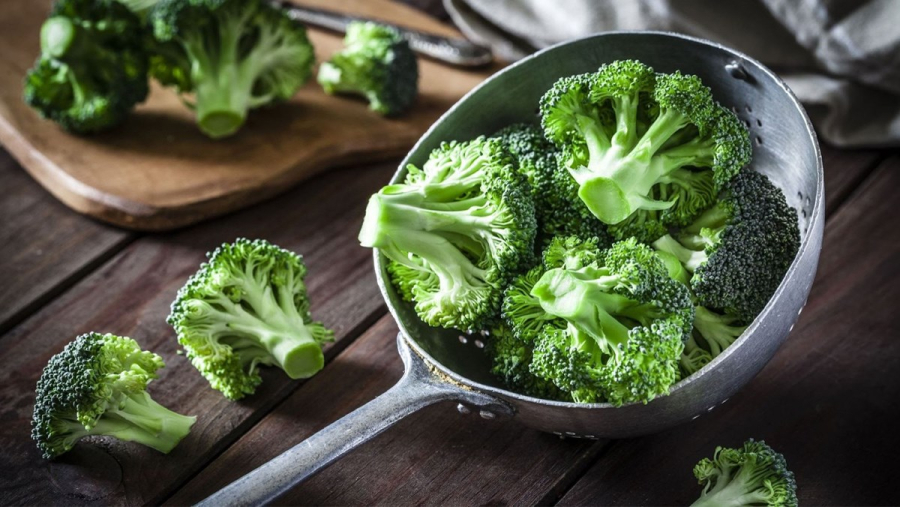
According to nutrition experts, broccoli is very rich in vitamins and minerals, especially calcium and vitamin K. These two elements are crucial for strong bones and the prevention of osteoporosis.
In addition, the fiber, protein, chromium, carbohydrates, vitamin A, and vitamin C in broccoli are all beneficial for health and support weight loss. Moreover, broccoli also contains phytochemicals, antioxidants that help prevent diseases and infections. This vegetable is easy to cook and is loved by many people.
Dangers of Microwaving Certain Foods
Many of us rely on microwaves to quickly prepare meals or snacks, but caution must be taken as some foods can be dangerous to health when heated in this appliance. Breast milk, broccoli, defrosted fruit, and other items should not be placed in microwaves, so it’s important to educate oneself on which foods are safe for use in this appliance.


























